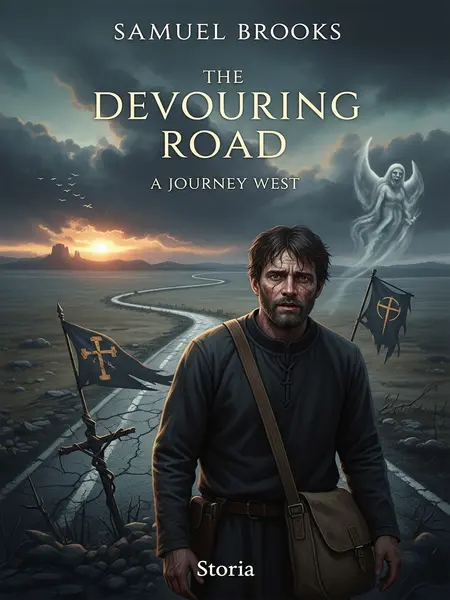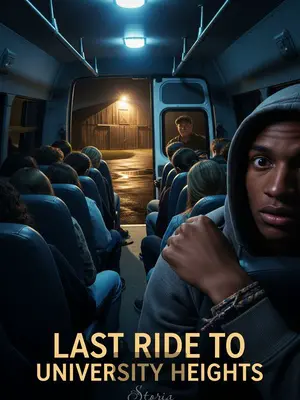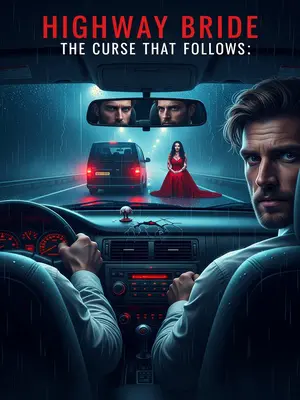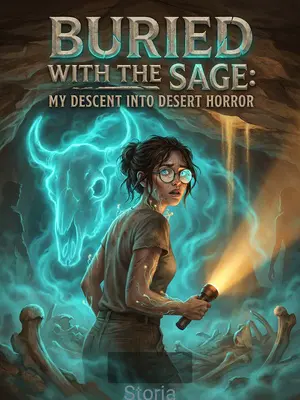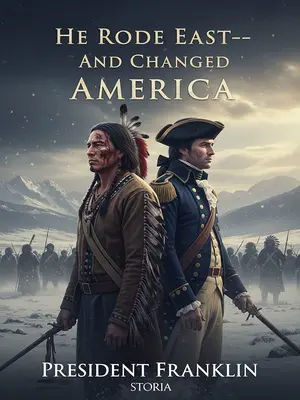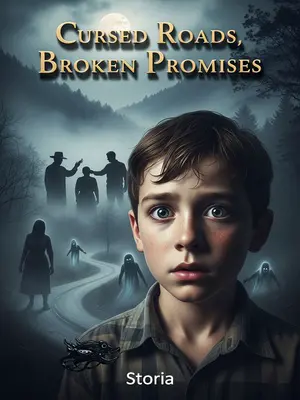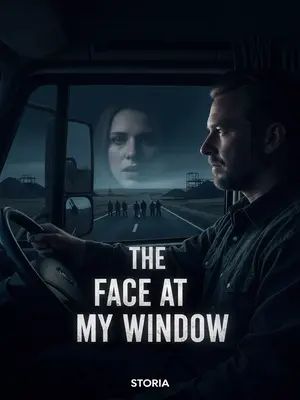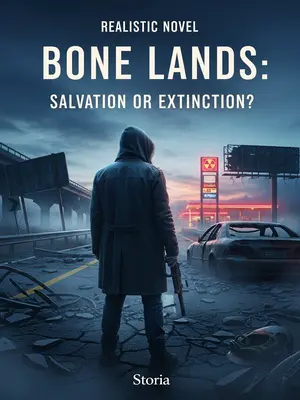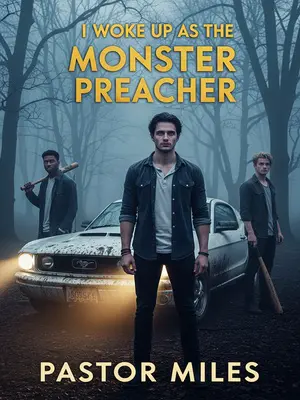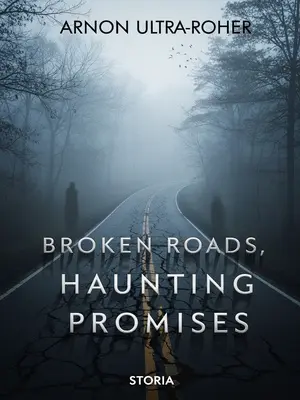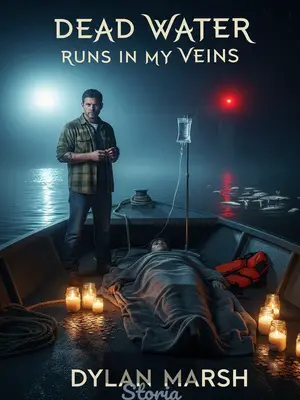Chapter 1: The Last Breath of Faith
Have you ever seen God? Have you ever felt that shiver of awe and terror, wondering if the answer might change your life forever? I used to think I’d never see anything close. But that was before the journey west began.
My mentor once sat me down in the creaking old pews and said, “Listen, Samuel. God devours the faithful. The saints, they’ve got blood on their hands. And the Virgin Mary? She’s no gentle mother—she’s the great demon of the Southern Sea. The scriptures Father Ambrose brought back from the Vatican? They can’t save every soul. They’re just tricks—schemes cooked up by Western devils, if you ask me... Don’t let anyone tell you different.” His voice was low, heavy with regret and warning, like he’d seen too much and wished I never would.
1.
I was born right as the Dust Bowl was coughing its last breath—out in the Oklahoma panhandle, where the wind never seemed to quit and the sky was always the color of old dishwater. My parents were gunned down by outlaws on a night so dry even the coyotes wouldn’t howl, and the old pastor at Maple Heights Church took me in. He gave me the name Samuel. Our church was the poorest in all of Harper County; the other preachers, tired of serving beans and cornbread for every meal, left for bigger towns like Dodge City or Amarillo. Only I stayed behind, remembering the pastor’s kindness, helping him tend our scrappy little garden—just enough potatoes and onions to keep us from starving.
The air in that church always carried a smell—dust, dried mud, and hymnals so old their pages stuck together. Our plot of land grew more crabgrass than carrots, but we kept at it. On cold nights, when the wind rattled the window glass and dust sifted through the cracks, I’d sit by the battered iron stove and listen to the pastor’s slow, steady breathing. It was a sound that made me believe, for a moment, that hope could be as stubborn as prairie grass.
I remember asking him once, “Pastor, why doesn’t Maple Heights Church take donations? Folks in town think we’re crazy.”
He looked at me, chuckled softly, and said, “Samuel, all those churches that take donations? They’re using Father Ambrose’s Holy Scripture as their gospel.”
I squinted up at him. “Why’s that a problem, Pastor?”
He ruffled my hair, his hand rough and callused from years of work. There was a bitter twist to his smile. “That scripture... it devours people, Samuel.”
His hand lingered on my head, warm and heavy, like he was trying to shield me from a storm I couldn’t see coming. His words hung there, thick as thunderclouds over the wheat fields, and I felt a shiver crawl down my spine.
2.
I never could change Pastor’s mind, so Maple Heights Church stayed as poor as ever. Our front doors were the only thing left standing straight; even the plaster saints and chipped angels had crumbled away. We were so broke, not even the local hobos bothered to loot us.
Sometimes, I’d run my fingers over the peeling paint of the pews, or stare up at the water-stained ceiling and try to imagine what it must’ve looked like back when the place rang with music and laughter. But now, the silence was heavy, broken only by the groan of warped floorboards and the distant caw of a crow out by the fence line.
But sometimes Pastor took me down to town, and what I saw beyond our battered church doors was even bleaker. Federal troops came through, sent by the government to crush uprisings—maybe some New Deal program gone wrong, maybe just the iron fist of the law. They treated the townsfolk worse than cattle. Men were shot and their heads stuck on fence posts outside of town—like some twisted warning. Women and children were herded together, and when hunger got bad enough, folks whispered that some were butchered for food.
It was the kind of nightmare you’d read about in the papers, but here it was—right in Kansas, right in our own backyards. I remember the way people’s faces hardened, their eyes hollowed by hunger and fear. The air felt sharp, like everyone was just waiting for the next dust storm or raid to blow through.
Yet, somehow, churches and preachers were still held up high. Even the soldiers wouldn’t touch a preacher, afraid of bringing down hellfire on themselves. More and more people ran to the churches, trading everything they had for a chance to wear a collar or hold a golden cross.
It was strange—how faith turned into the last lifeboat when the world was sinking. I saw men and women clutching their Bibles like they were the only thing keeping them afloat, hope and desperation shining together in their eyes.
This dragged on for what felt like forever. In the end, more than half the folks who didn’t join the church died. The ones left just kept their heads down, trying to stay off the radar. People said things got so bad, parents started trading their own kids for a bite to eat.
Rumors drifted in with the prairie wind, whispered at dusk around campfires burning low on tumbleweed and old fence posts. Folks spoke in hushed voices, like even the wind might be listening. I learned early that when times get hard, the impossible becomes possible.

